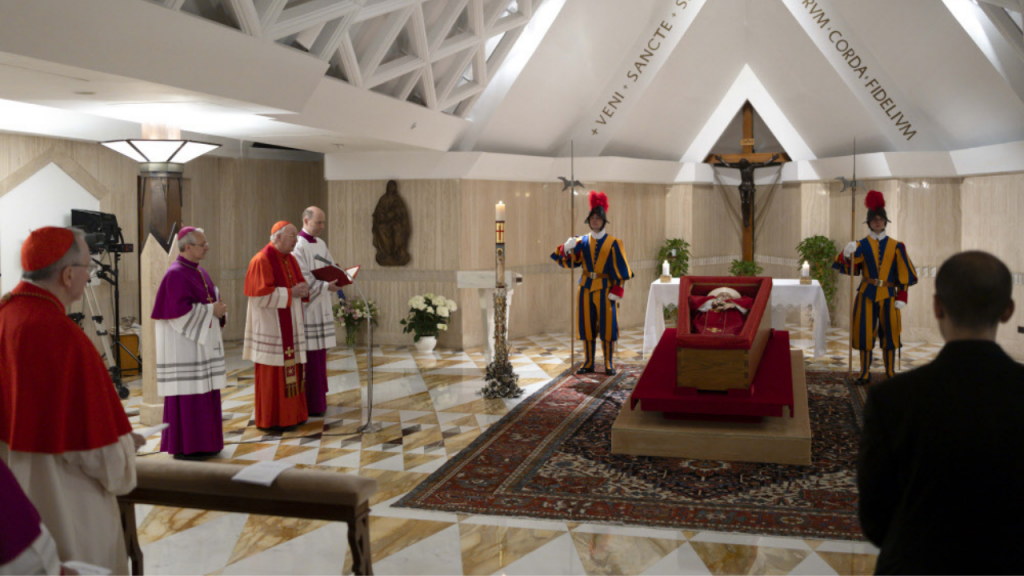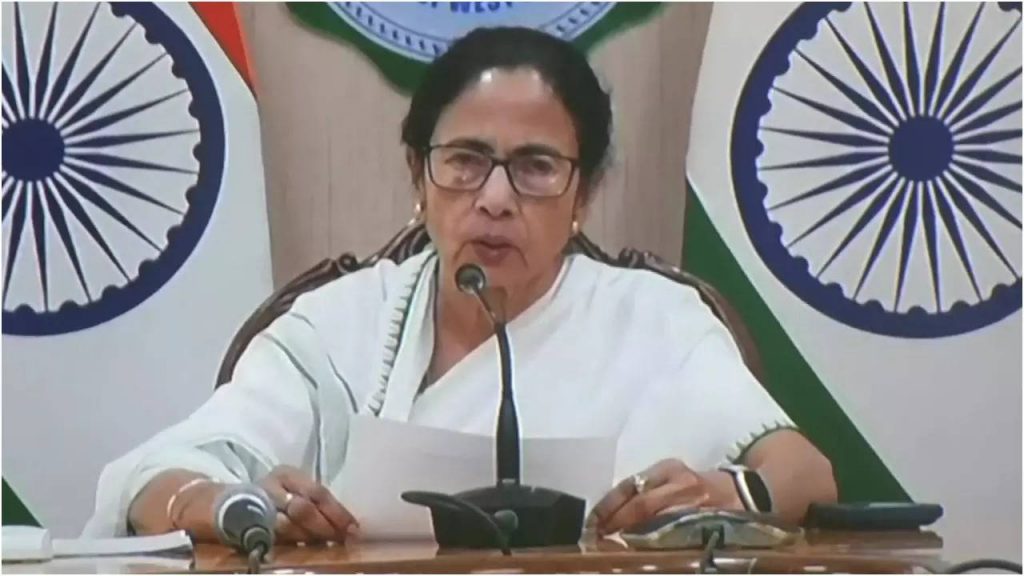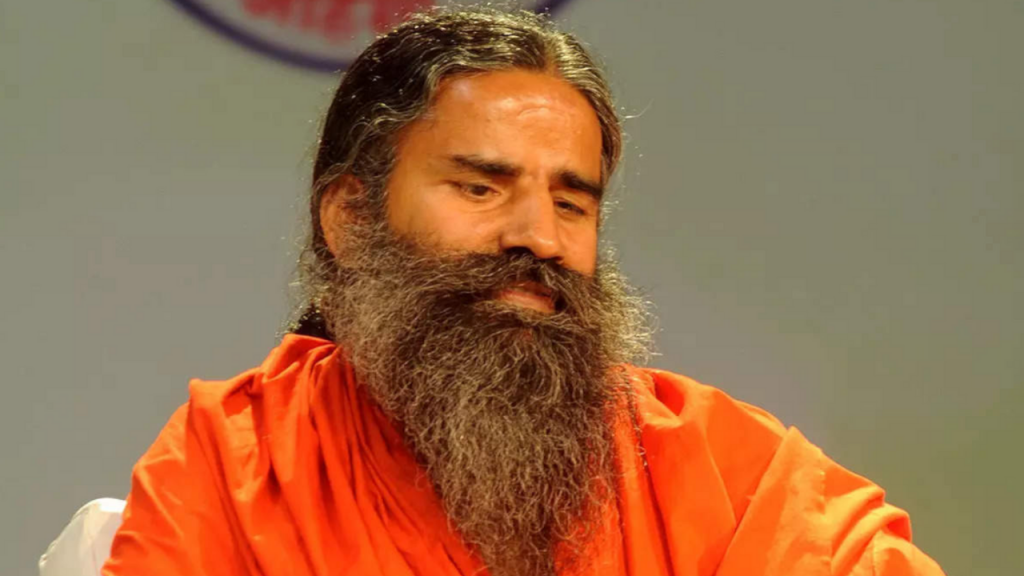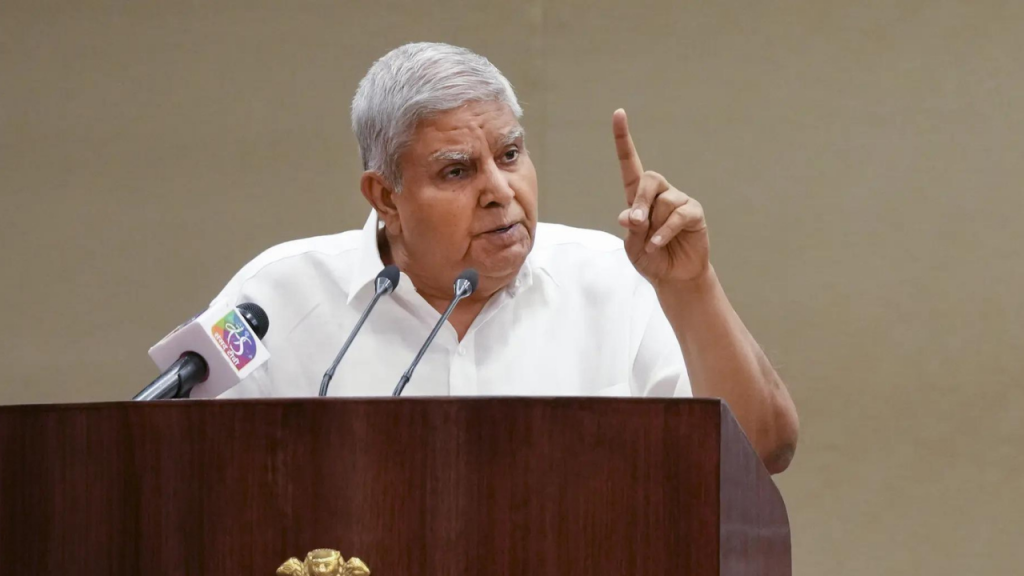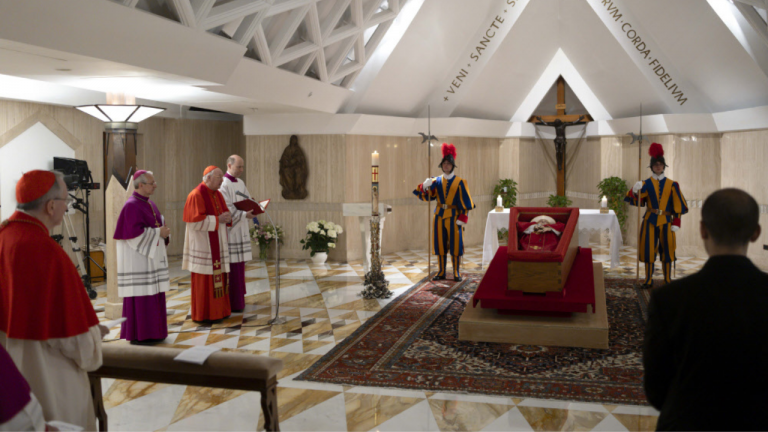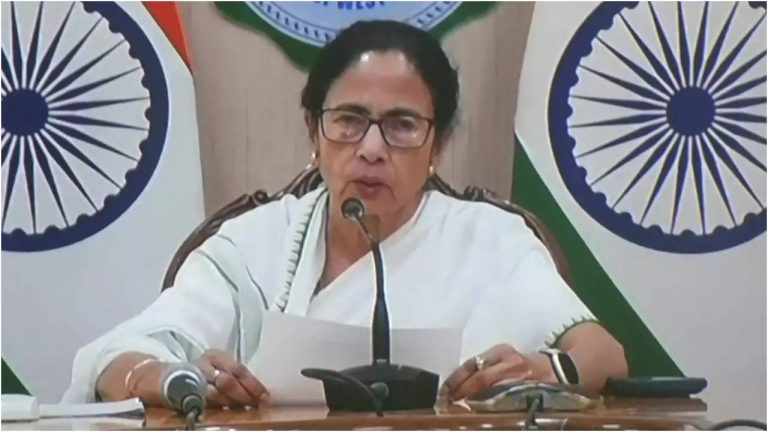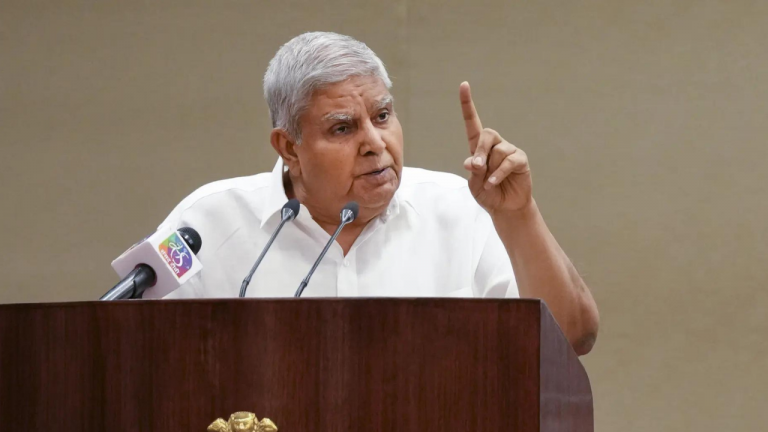The Delhi High Court recently criticized Ramdev, the owner of Patanjali, for his contentious comments about Hamdard’s Rooh Afza, referring to it as “Sharbat Jihad.” The court condemned his remarks as unacceptable and disturbing. During the hearing, Hamdard’s legal representative asserted that Ramdev’s statements encouraged religious discord and amounted to hate speech by targeting Hamdard on religious grounds. This development comes amidst a backdrop of increasing sensitivity towards communal harmony and religious tolerance in India. The court’s response underscores the importance of responsible discourse and respect for diverse cultural practices in the country. Ramdev’s comments have sparked a debate on the boundaries of free speech and the implications of inflammatory rhetoric in a multicultural society like India. The court’s rebuke serves as a reminder of the need for public figures to exercise caution and refrain from making statements that could incite religious or communal tensions. The case has drawn significant attention and raised questions about the role of influential personalities in shaping public opinion. As the matter unfolds, it highlights the complexities of navigating issues related to religion and identity in a pluralistic society like India, where mutual respect and understanding are essential for social cohesion and harmony.
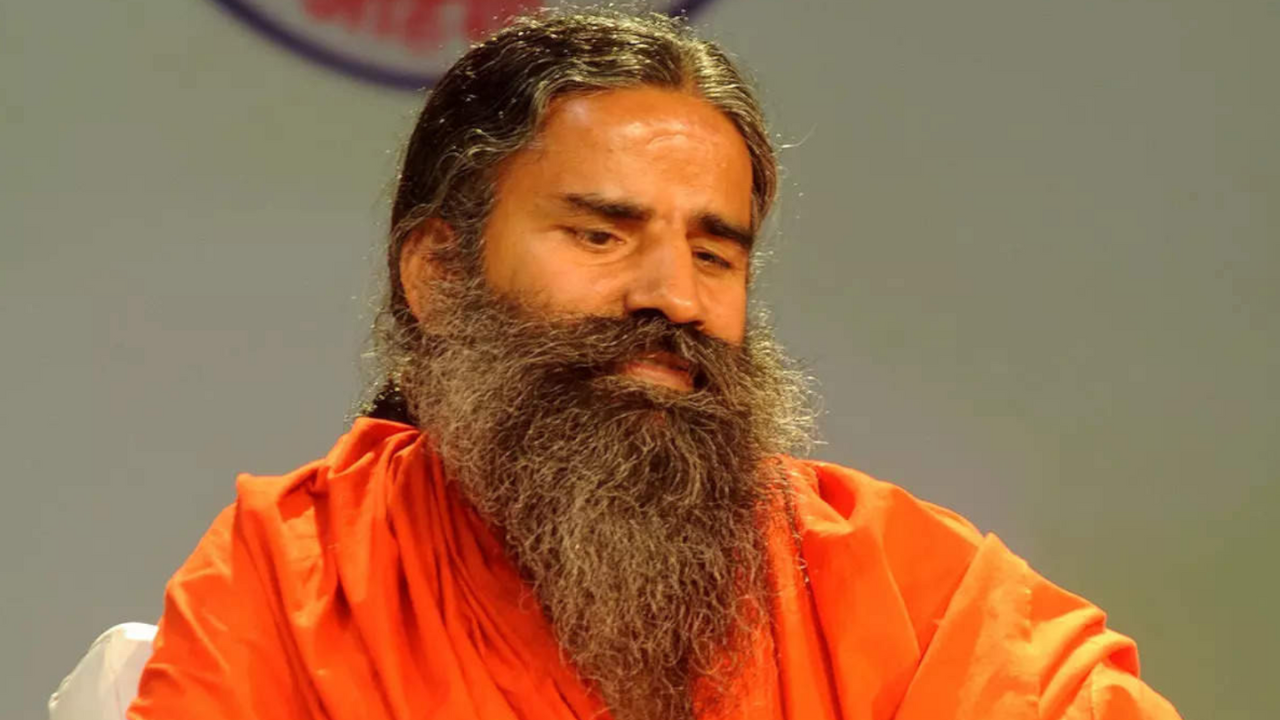
Posted in
JUST IN
Delhi High Court rebukes Ramdev for “Sherbet Jihad” comments, denouncing divisive rhetoric against Hamdard’s Rooh Afza.
In Trend

Indian Athlete Krishan Kumar Overcomes Ligament Tear Setback to Pursue Olympic Dream, Avoids Surgery for Rehab Success








